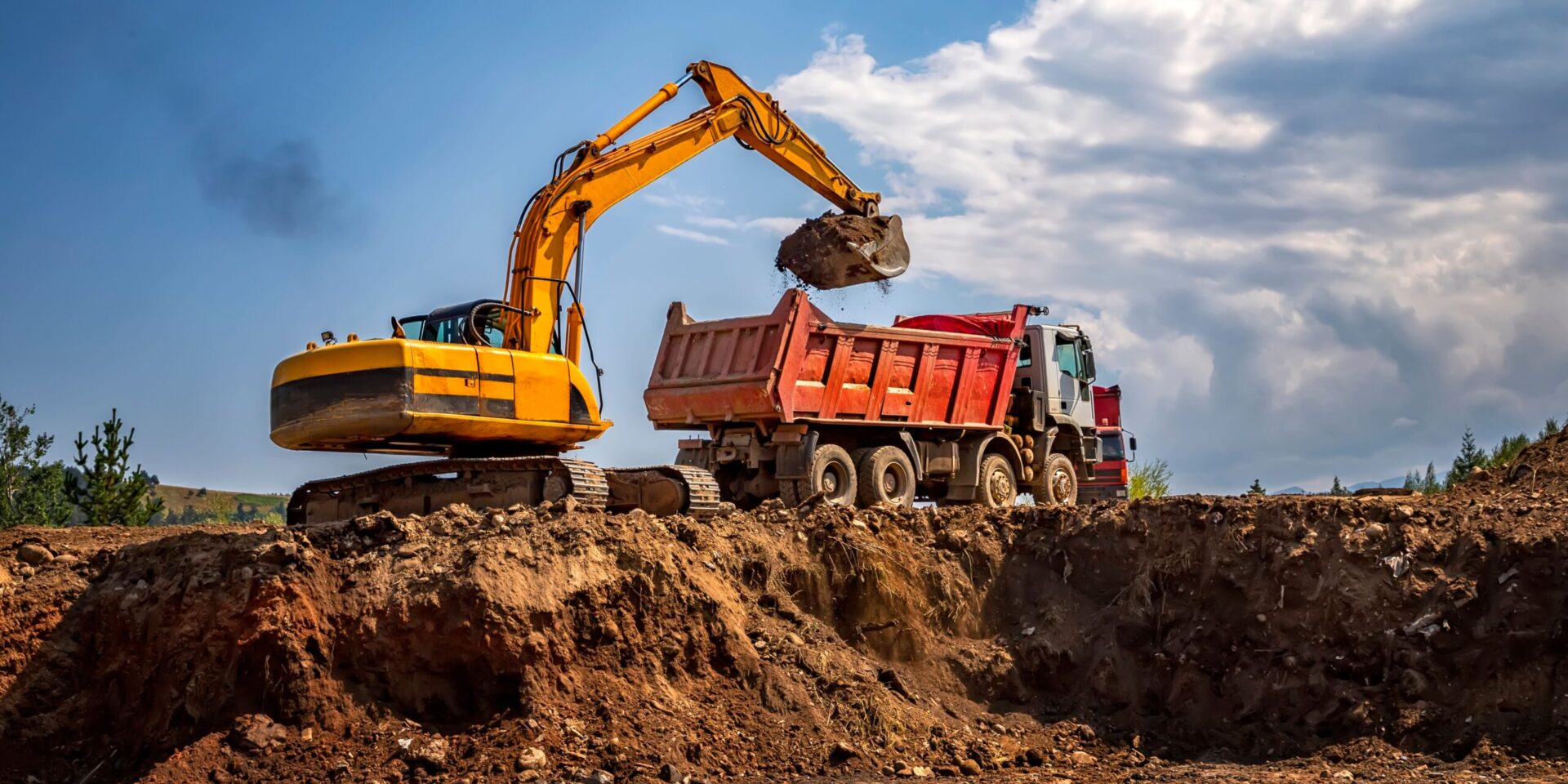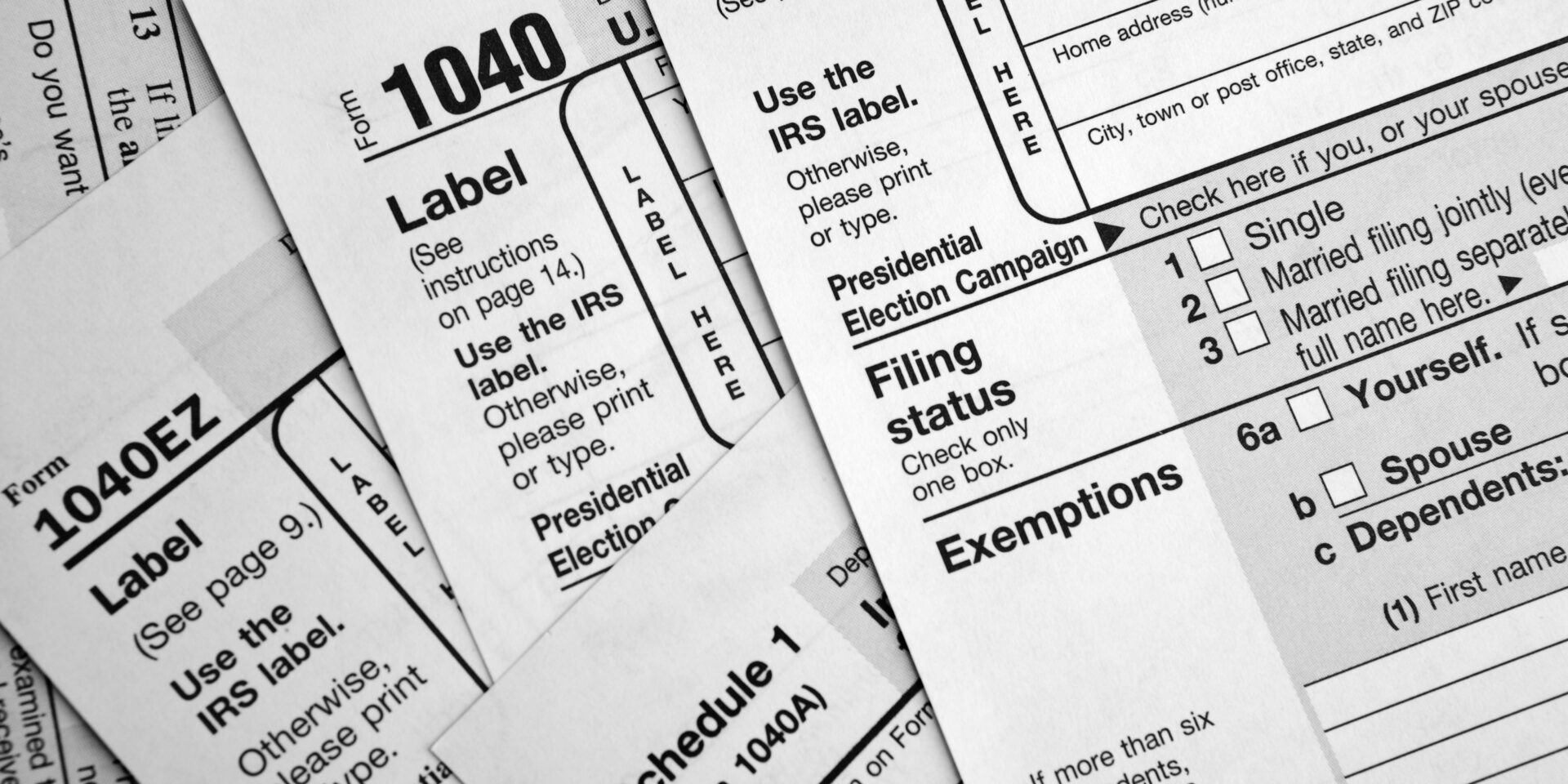Language:
How to Start a Dump Truck Business

At some point, we’ve all been exposed to dump trucks in our lives, whether it be as a toddler in a gravel pile or as an adult watching your trash being hauled off.
While not generally the first thought that comes to mind or the most ‘alluring’ of businesses to start, especially in this age of tech, one of the best-kept secrets is how potentially lucrative owning a dump truck business can be.
Whether you’re an experienced entrepreneur looking to expand your portfolio or an aspiring entrepreneur looking for a low-barrier business to get off the ground, we are sharing all the necessary information you’ll need to get started and start dumping your way to profits.
Why Start a Dump Truck Business
Starting a dump truck business is no different than any other business. While not viewed as the ‘sexiest’ of businesses, a dump truck business does present a unique opportunity. Some prior experience would be helpful, but it’s a business that doesn’t require years of expertise or extensive amounts of capital. The best part? It’s a low-barrier entry business, which means virtually anyone can get started vs. starting something like an oil company. Some of the advantages of starting a dump truck business include:
- Flexibility to be self-employed
- Lower startup costs than many businesses
- Potential scale of business and operations
- Virtually pandemic and recession-proof
The advantages of starting a dump truck business are appealing, but it’s important to consider the drawbacks in the beginning stages:
- Costs of operations
- Finding contracts and customers
- Acquiring the appropriate licenses, certifications, and insurance
Not to worry though, we’re here to walk you through each step to help you decide if starting a dump truck business is right for you.
How Much Does It Cost to Start a Dump Truck Business
Like any startup, the cost(s) associated with starting a dump truck business can vary. For instance, purchasing a new vs. used truck, starting your own independent trucking business vs. franchising and more can greatly impact the initial amount of capital you’ll need to invest to get your business started.
A general range with starting a dump truck business can be anywhere from $20,000 to as much as $200,000 depending on the type of truck purchased, permits, licensing, and more.
10 Steps to Starting a Dump Truck Business
Aside from the cost, it’s important to know the other details you’ll need to consider to create your dump truck business from start to finish. These 10 steps will guide you through everything you need to know.
Research the Dump Truck Business
Before spending a single dime on a potential dump truck business, researching the industry is critical. Here’s a list of items to include in your research:
- Decide on which niche and type of material you’re going to haul.
- What does the competitive landscape in your geographic area look like?
- How much manual labor is involved?
- What does the potential market opportunity look like?
- How much profit can you make?
- Do you need any initial training before you start hauling and dumping?
While this isn’t anywhere near an exhaustive list, these items should certainly be considered when conducting due diligence on a potential dump truck business. Fortunately, according to recent research, the market for dump truck services isn’t slowing, making there a need for dumping and hauling services even during a recession or pandemic.
Develop a Business Plan
A critical component of deciding to start a dump truck business (or any business) is developing a business plan. This business plan will lay the foundation for securing potential funding, such as loans or investors if required, and also provide a framework for your operations from A to Z. Let’s dive into the important aspects you’ll need to create a business plan.
Target Customers
First, you’ll need to consider the different industries of starting a dump truck business, which makes sense to you, and who your target customers will be.
Dump truck businesses cover many sectors such as construction, waste, chemicals, and more. Once you’re able to decide on a specific sector you’ll then be able to drill down into how to identify your specific customers by company industry, size, and location. With a more refined target sector, it will allow you to tailor your marketing and customer acquisition strategy.
Projected Costs
When creating your business plan it’s important to capture all the costs associated with your dump truck business. For instance, your startup costs will vary depending on whether you purchase a new or used truck, which can range between $20,000 – $200,000+. Other cost considerations to be aware of include:
- Truck cost
- Permits and licenses
- Fuel
- Repairs and maintenance
- Insurance
- Marketing and advertising
It’s easy to see how quickly costs add up when creating a business plan for your dump truck business. Some of the overall startup costs can vary depending on some of the factors mentioned above and depending on geographic location. To address the proverbial elephant in the room, current gas prices should greatly be considered when compiling your costs.
A great recommendation as part of your business plan would be to create a financial projection to see how profitable your dump truck business will be while adding the above costs as inputs.
Pricing Model
The next step of your business plan should include a pricing model. Identify who your competitors are and create a list of what each competitor provides for their services. This will provide insight as to where you should price your dump truck service to make sure you’re not too low or pricing yourself out of the market.
A few different ways you can price your dump truck business include charging by load, by the hour, fixed rates, or by weight. Being able to stay competitive when first starting your business is important, but be sure you’re charging enough to cover costs and profiting enough to hit your target gross profit margins.
Name of Business
Choosing a name for your dump truck business can be considered one of the more exciting aspects of creating a business plan. Your business name should be unique and have some relevance to your business. While professionalism can sometimes be lost in a business name, we all know some business names that are quirky and stand out more than others. Be sure to find that line between professional and memorable.
It’s easy to choose any name that comes to mind, but it’s important to research if any similar business names currently exist. A simple internet search or state business filing search should eliminate any names that may already be in use.
Choose Your Business Structure
The next phase of creating your business plan is determining which business structure makes sense for you in terms of legal obligations, tax filings, size of the business, and ownership structure. Let’s dive into the different types of structures to identify which works best for your business.
Sole Proprietorship
A sole proprietorship is one type of business structure where an individual owns and operates the business solely by themselves and is generally the most common business structure for small business owners. One of the downfalls of a sole proprietorship is the business owner assumes all liabilities and debts in the event of legal recourse or default, which means personal assets can be at stake. However, this type of entity is relatively simple to run, has fewer government regulations, and all profits go directly to the owner.
It’s also worth mentioning a sole proprietorship can be transformed into an LLC or corporation as the business continues to grow.
General Partnership
A General Partnership (GP) can be summed up as two or more people having an ownership stake in the company. A GP operates very similarly to a sole proprietorship in terms of operation, but both partners are responsible for taxes on the profits and assume any liability the business incurs.
If you plan to have a partner or multiple partners for your dump truck business, a general partnership could be a great option.
Limited Partnership
Limited Partnerships (LP) include a general partner and limited partner(s). The general partner is involved in running the day-to-day business operations and assumes liability for the debt of the company while the limited partners are only liable for the amount of their investment in the business.
This type of structure offers benefits for the general partner in maintaining their equity in the company while bringing in additional capital from limited partners and providing limited partners a liability shelter.
Limited Liability Company
One of the main advantages that allure new business owners to a Limited Liability Company (LLC) is the fact that the LLC absolves the actual business owner, also referred to as “members”, from liabilities and debts of the business. LLCs also offer a simple tax structure and relatively flexible ownership options for members. However, drawbacks of LLCs include relatively higher costs and fees to form.
Since dump truck businesses allow for higher degrees of potential liability given the nature of the work, an LLC is considered an excellent option.
Corporation
A corporation can be considered a more complex business entity than some of the previous examples above. A corporation is a legal entity separate from its owners and similar to an LLC, has a liability shield. Owners of a corporation are considered shareholders and can relatively easily transfer their ownership shares to other parties, however, with a more complex tax structure corporations can see double taxation paying both corporate tax and any shareholder distributions.
Due to its more complex business structure, this may or may not be the right business entity to form for your dump truck business.
Register Your Business
Now that you’ve decided which entity is right for forming your dump truck business, it’s time to formally register your business. When you register your business, it’s recognized as an actual legal entity and allows you to file taxes. Depending on which of the previously discussed business entities you selected, each state may require different documents needed to file for and register your business. Check your state’s website for more information on which documents you’ll need.
Obtain the Necessary Licenses and Permits
The licenses and permits you’ll need for your business are dependent upon which business structure you currently operate under. Some of the most common licenses needed include business licenses, vehicle registration, and hauling permits. Depending on what sort of materials you’re hauling (such as chemicals) a special license and permit might be needed.
If you don’t currently have a Commercial Driver’s License (CDL) you’ll be required to test and acquire a license to operate and drive your dump truck.
Open a Business Bank Account
Opening a separate bank account for your dump truck business is extremely important as a business owner. This allows all business-related income and expenses to remain separate from personal finances and avoid any messes come tax time. Plus, opening a separate business bank account provides additional incentives such as applying for business credit cards, loans, and the accumulation of rewards for your business.
Secure Your Financing
Unless you’re able to cash flow your dump truck business, you’ll likely need to secure some sort of financing to buy equipment and get started. There are plenty of financing options available which include standard commercial loans from a bank and Small Business Administration (SBA) loans and grants which both are issued by the government to help get your business off the ground.
Alternative options for funding include venture capital, but you’ll likely need to give up a percentage of your business and could run into the issue of overleveraging the business before you even get started.
Purchase Dump Trucks and Other Equipment
It’s important to strike a balance between purchasing the right dump truck and equipment for your business and not overspending. There are plenty of great used options for trucks depending on the industry you select to haul and dump. Keeping your initial costs low to start is key to increasing your profits. A dump truck is a depreciable asset, which means it will never go up in value. However, also note that with used trucks there’s the risk of more maintenance required to keep it running.
Remember, many dump truck businesses start with one truck and scale up with multiple trucks and nicer equipment as the business grows. You don’t need the Lamborghini of dump trucks to get started.
Avail of Dump Truck Insurance
Insurance is a critical component of a dump truck business. Even with all the upsides of starting a dumping business, there are many opportunities for accidents and liabilities to occur, so it’s essential to acquire all the necessary insurance for your business. Some of the types of insurance you’ll need include liability insurance, commercial vehicle insurance, worker’s compensation, and more.
Find a local and credible insurance broker to help guide you through all the types of insurance you’ll need for your dump truck business to ensure all your bases and assets are covered.
Launch and Market Your Business
Now that you’ve done all the work of creating, filing, and registering your dump truck business it’s time to start marketing and selling your services. First, take advantage of all the ‘free’ social media apps like Facebook, Twitter, and Instagram. These apps will allow you to begin building your brand and digitally advertise to your target customers. Take advantage of groups included in these social media apps as well. They’re a great way to build rapport and find potential clients specifically looking for dumping services. You should also create a website that highlights all the services you provide in one central location prospective customers and clients can access.
In addition to using social media as a way to market your business, several dump truck apps such as Trux will match you with potential customers in your area looking for your service. The current world of digitization provides a great upside to finding customers and marketing your dumping services!
Start Hauling and Dumping Your Way to Profits Today
Dump truck businesses are not the most glamorous, but in terms of scale, potential profit, and the barrier to entry you’d be hard-pressed to find a better business to start. On top of that, people and businesses will always need materials hauled away, which essentially eliminates customer attrition and provides an opportunity to grow and scale your business rapidly with repeat contracts and new customers.
While you’re trying to grow your business, bookkeeping is the last thing on your mind. With doola’s bookkeeping services, you can worry less about finances and focus more on expanding your dump truck business and fleet.
FAQs
How profitable is owning a dump truck?
Owning a dump truck can be a profitable endeavor both as a solo driver and scaling to multiple drivers. Profitability varies depending on many factors.
Is a dump truck business worth it?
Yes. Owning a dump truck business means having a business that will always have demand and can scale much quicker than other businesses.
Are dump trucks in high demand?
There will always be a need for dump trucks across residential waste, construction, chemicals, and more especially during recessions and pandemics.
What is the operating cost of a dump truck?
Operating costs can vary depending on current gas prices, costs of trucks, and employees if applicable.
How do dump truck owners find loads?
Join local social media groups, job boards, and trucking apps to find loads for your business. Take advantage of current local resources available to you to market and sell your dumping and hauling services.
Keep reading
Start your dream business and keep it 100% compliant
Turn your dream idea into your dream business.
















